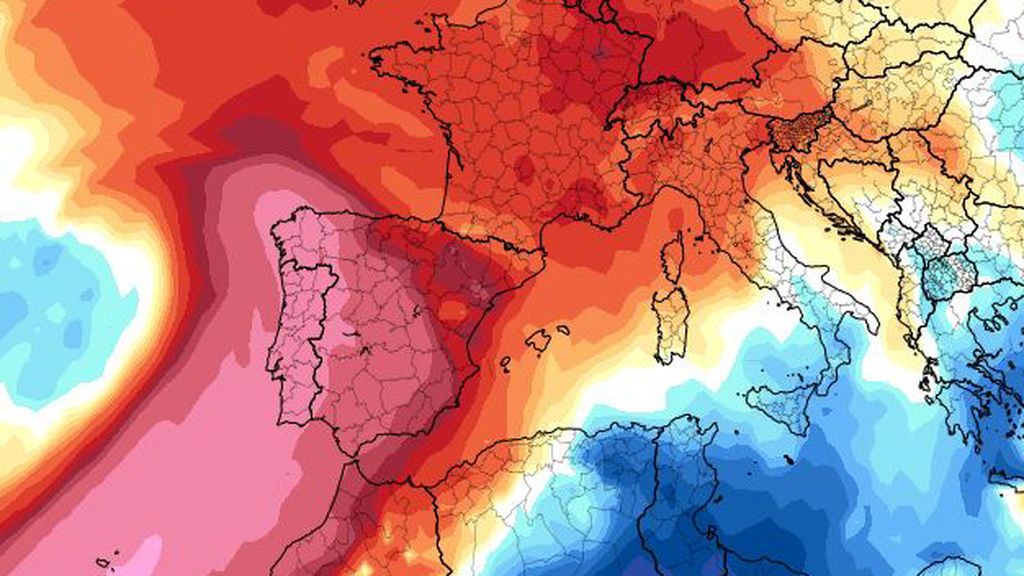After deciding to relocate to Spain many people decides to start learning the language too, so they can mix with the locals. And this is very advisable.
Learning Spanish might feel a bit daunting, mainly because our way of learning the language is based in knowing grammar, and that can be tricky.
But also you need to be careful, as there are many words that are similar in English and Spanish and you can "make" them Spanish straight away, such us:
Potential = Potencial
Intention = Intención
Occassion = Ocasión
But there are others that sound very similar and you will be tempting to make them Spanish and you will end up saying something that you shouldn't, or just that the exact translation can't be used as it has a different meaning in English than Spanish. A few very funny examples:
- To be embarrased = estar avergonzado.
However people tend to say in Spanish "estoy muy embarazado/a". What you are really saying is that you are very pregnant. It is even funnier if the person saying it is a man!
- To be hot = tener calor
But be careful! If you look on the dictionary "hot" translates as "caliente". In Spanish if you say "Estoy muy caliente" you are not saying that you are very hot, you are saying that you are very horny, which is not exactly the same. If you are hot you need to say "tengo calor", or if the weather is very hot then you say "hace mucho calor"
- Carpet = Alfombra, Vacuum = pasar la aspirodora.
So if you are planning to vacuum the carpet, please do not say "voy a vacunar la carpeta" as what you would be really saying is "I am going to vaccinate to the folder"
Carpeta = Folder, Vacunar = to vaccinate.
- Preservatives = Conservantes
Please do not confuse it with "preservativo" = "condom". Imagine that you are dictating a recipe to someone and you would like to tell them what you use to preserve the food, but what you are really telling them is to put a condom on the food ... I don't think anybody is going to ask you for a recipe ever again.
- Card = tarjeta, as in credit card. Do not confuse it with Carta as that means letter. Also do not confuse "letter" with "letra" as that means the actual letters of the alphabet or writing.
So your credit card is not your carta de crédito. "Carta de crédito" actually means that your bank is lending you money!
And what you receive in the post are "cartas", not "letras"
Copyright: Alban.Beg
- To choke = ahogarse.
Not to be confused with "chocar" or "to crash". If you are choking on your food, or with water you are "ahogandote", you are not "chocando", as you will be saying that you are crashing against something. It will be bad enough to be choking, you don't want to also be crashing!
- Delito = Crime, Delight = Delicia
If you would like to report a crime, please do not tell the police that you are there to report a "delicia". They might not take you seriously.
- To stretch = estirar, alargar.
Again, my daughter when she wants to say "these trousers stretch" she says "estos pantalones estrechan"
Estrechar = narrow, to make it smaller. So instead of telling me the trousers can become bigger, what she is telling me is that the trousers are getting smaller, so I think we need to go shopping!
- Grocery = tienda de comestibles.
However "Groseria" = rudeness, coarseness, impoliteness.
If you are on and about on the street and ask someone "¿dónde está la grosería más cercana por favor?" do not get surprised if you get a bad answer, as you will be asking "where is the closest rude, impolite, crude, coar place, please?"
- Rope = cuerda. Ropa = clothes
If you are sailing and you need a rope, do not say "pásame la ropa", as your sailor might give you his clothes and get naked.
This are just some examples, but I am sure you have encounter plenty more. I would love to hear them!




























